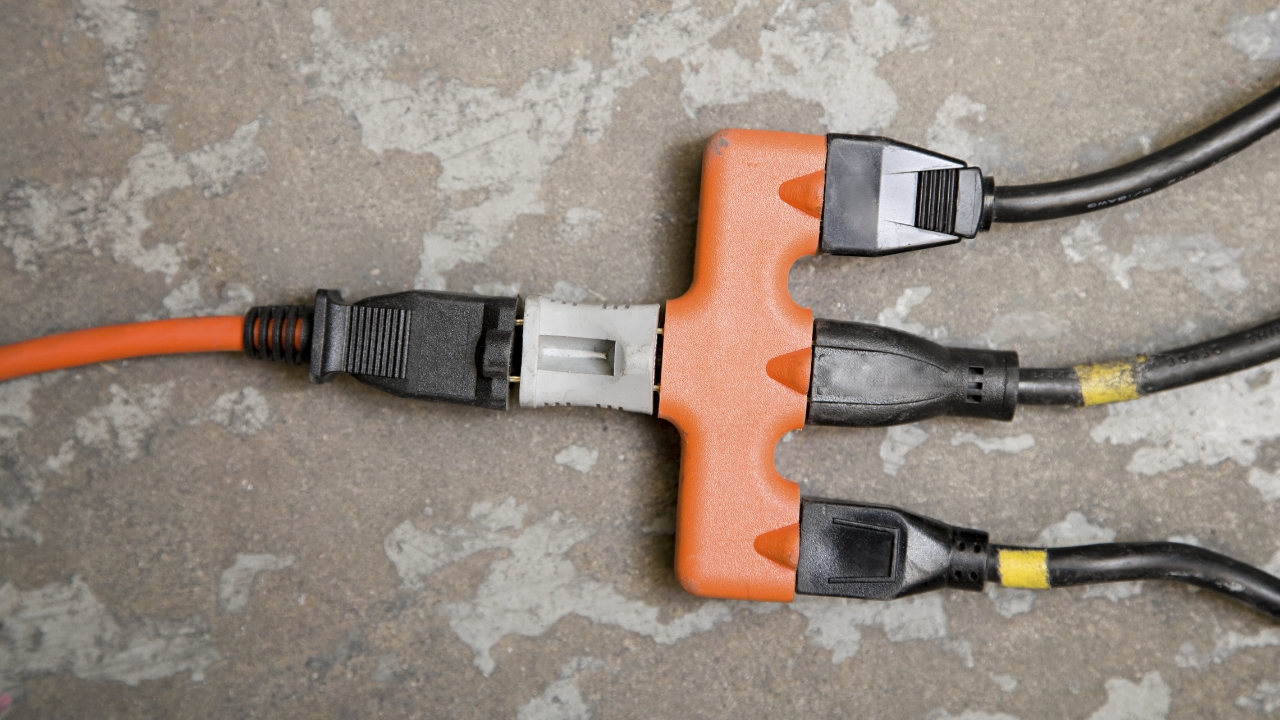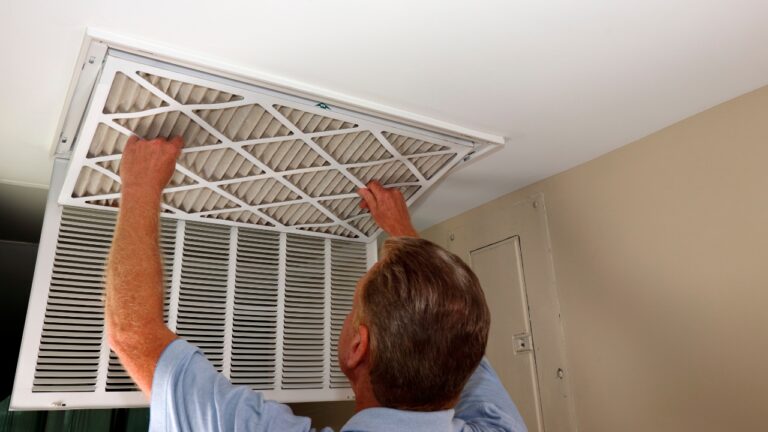What You Should Stop Doing With Your Extension Cords
Extension cords are handy, but they’re not meant to be a permanent solution—or used carelessly. If you’re using the same cords every day or rigging setups to power more than they should, you’re asking for trouble.
Frayed wires, blown breakers, and even fires usually start with small habits that were never corrected. It’s worth getting honest about how you’re actually using them around the house, the shop, or outside.
Plugging One Into Another
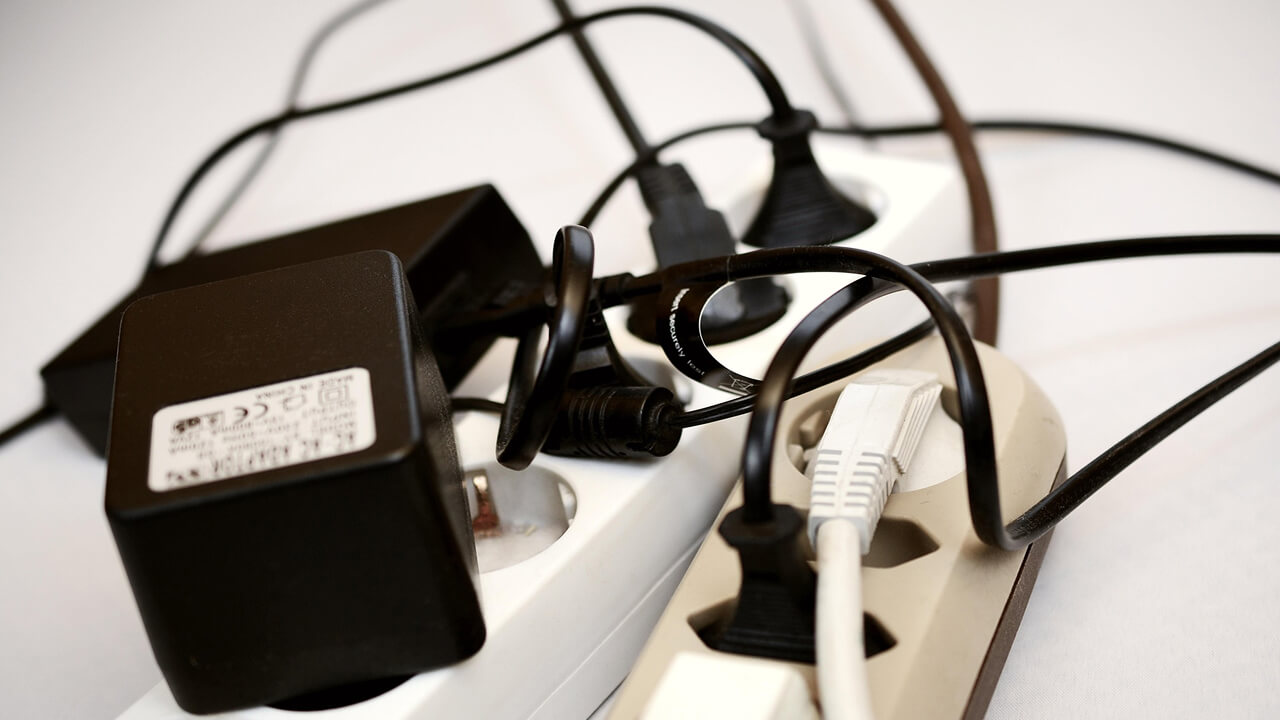
Chaining extension cords might seem like a quick fix, but it’s a serious fire risk. Each cord adds resistance, which builds up heat. That heat doesn’t have anywhere to go, and it adds strain to both cords. If you need extra reach, use the right length of heavy-duty cord instead of daisy-chaining two smaller ones.
Leaving Them Outside Long-Term
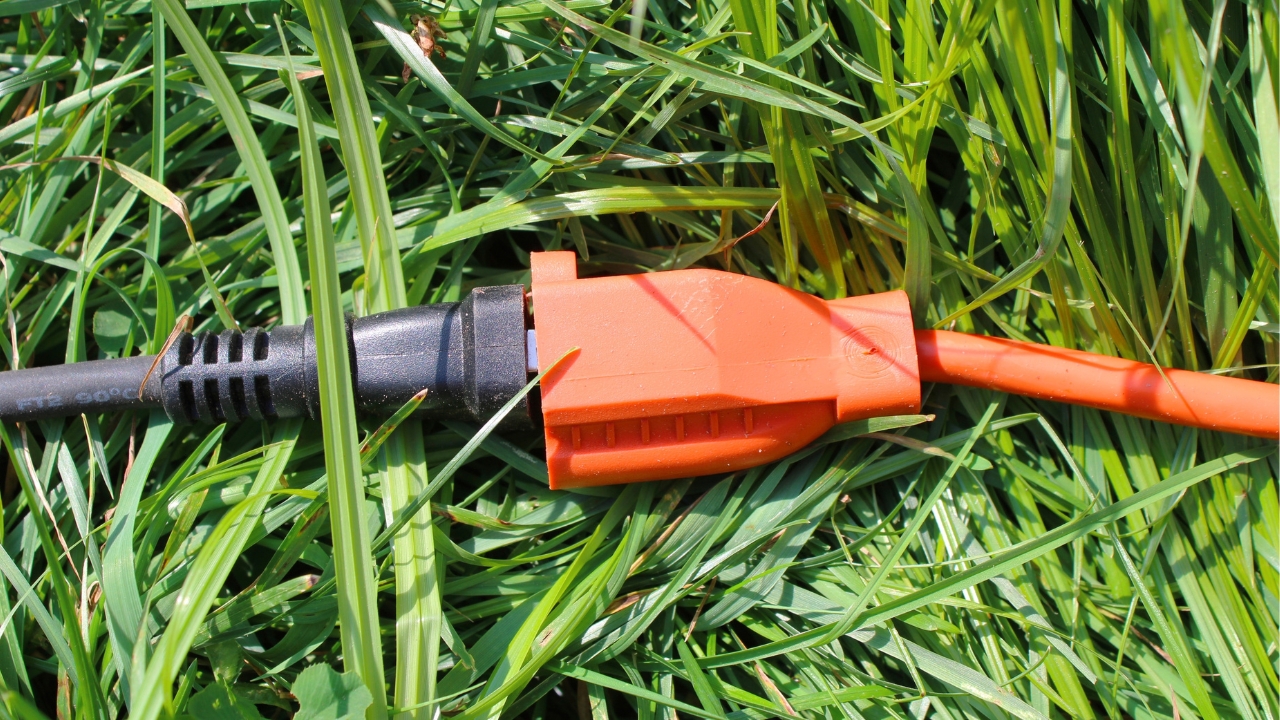
Even outdoor-rated cords aren’t meant to live in the weather full-time. Sunlight, rain, and temperature swings break down the insulation. If your cord feels brittle, stiff, or cracked, it’s no longer safe. Roll it up and store it out of the elements when you’re done using it—don’t leave it out because it’s “convenient.”
Running Them Under Rugs or Through Doors
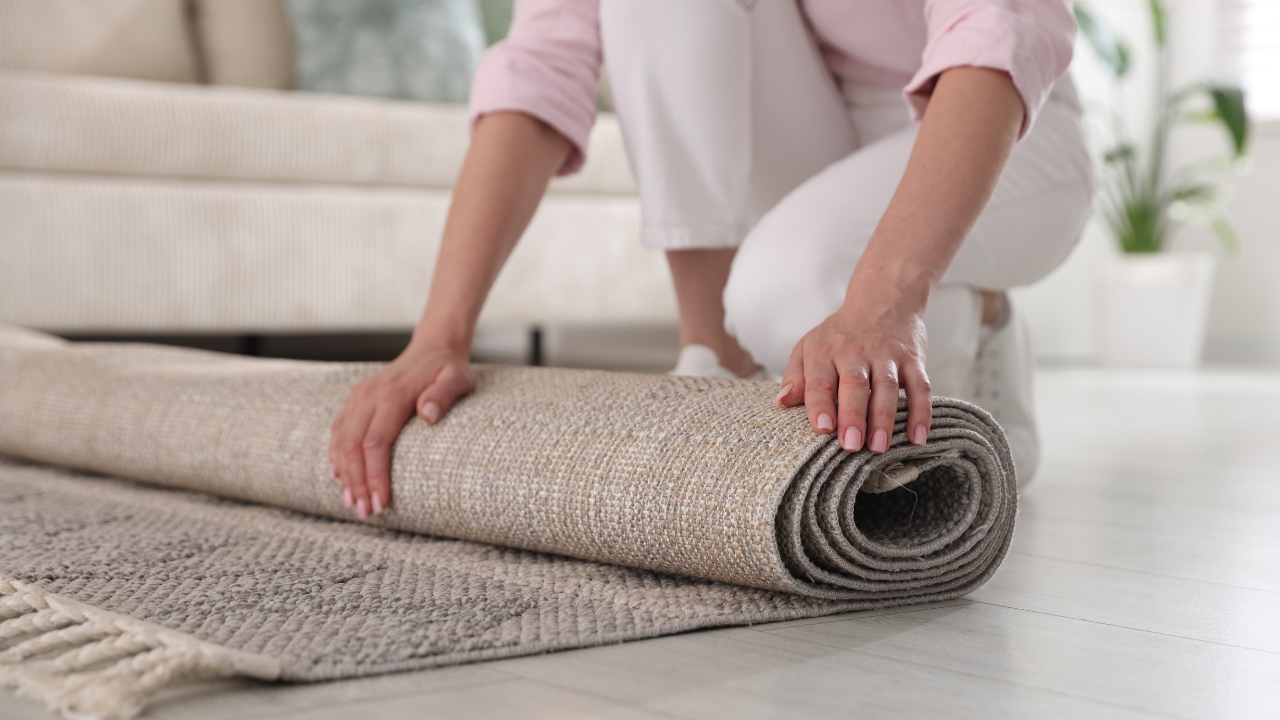
If you’re hiding cords under rugs or pinching them in doors or windows, they’re wearing down faster than you think. Friction, foot traffic, and constant pressure can damage the insulation. Once a wire’s exposed, it only takes one spark to light things up. Route them safely and visibly—even if it doesn’t look perfect.
Overloading Them With Too Many Devices

Most cords have a limit, and it’s lower than you think—especially if you’re running heaters, tools, or appliances. Plugging in multiple high-draw items into one cord overloads it fast. Always check the cord’s wattage rating and stay well below it. If it feels warm when in use, it’s probably doing too much.
Using the Wrong Gauge for the Job

Not all extension cords are built the same. That cheap orange one from the garage might work for a lamp, but it won’t hold up to a shop vac or welder. Thicker cords (lower gauge numbers) handle more load. Match the gauge to what you’re running and how far you’re running it.
*This article was developed with AI-powered tools and has been carefully reviewed by our editors.

